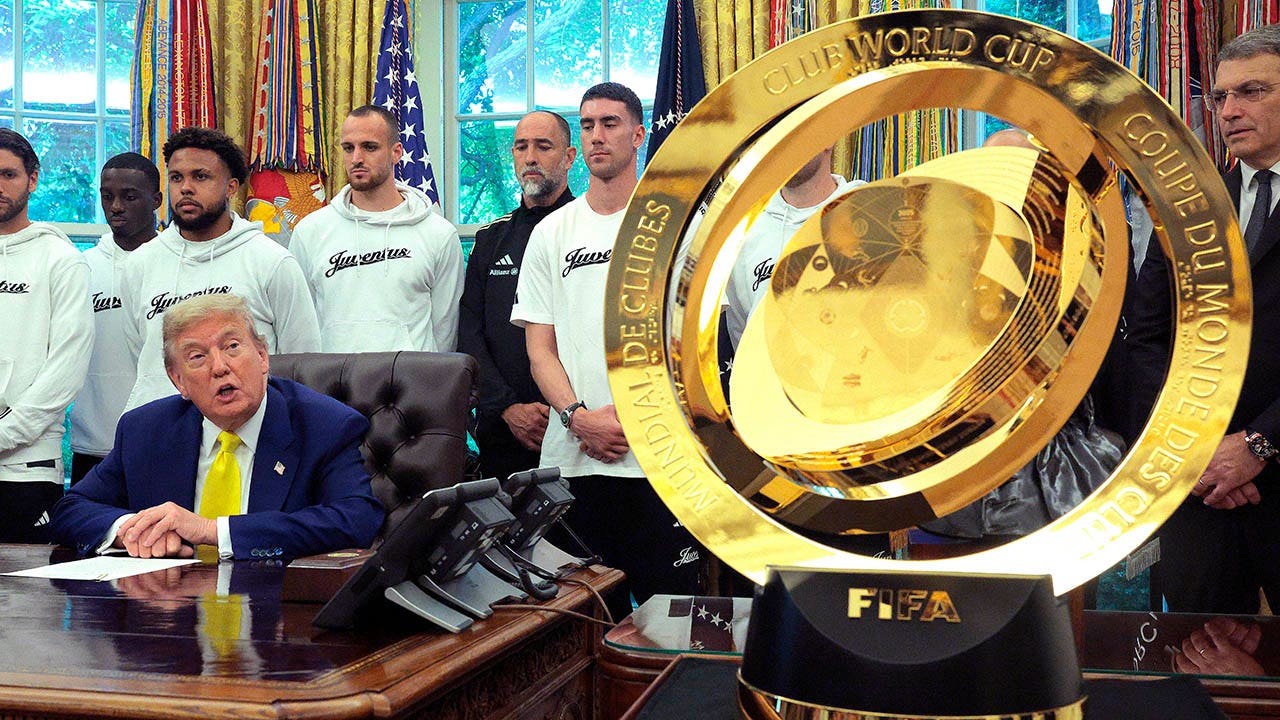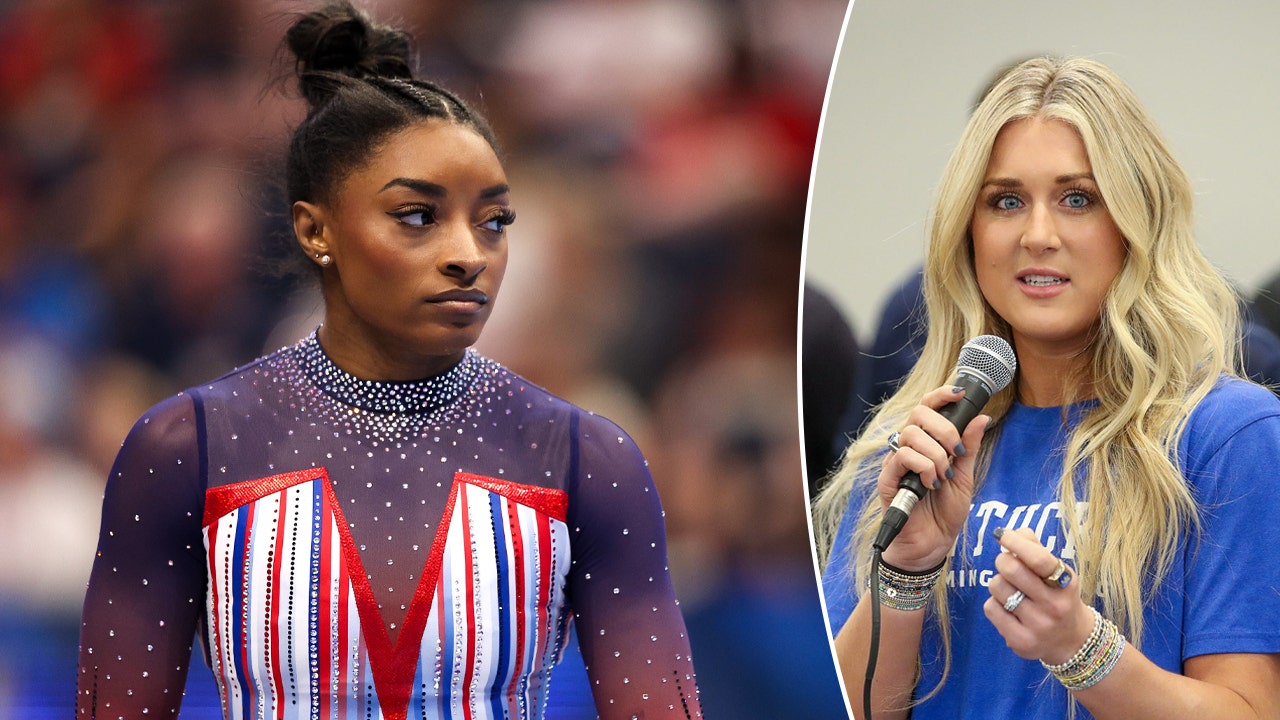Canada’s top curlers want changes to format, tiebreaker on Grand Slam circuit

Displeased with a number of unilateral decisions made by Grand Slam of Curling organizers, several top-level curlers have voiced their concerns to see changes at the remaining three events on the circuit’s calendar.
A group of prominent players recently met with organizers to discuss format, tiebreaker and pre-game setup adjustments that were implemented without their input at the first two Slam stops of the season.
“Change is always difficult,” said Team Homan second Emma Miskew. “I think in this situation the biggest overall feeling from the players is that it would have been nice to be consulted or asked.”
The meeting was held a few days after the recent Kioti National in Pictou County, N.S. Sources involved in the process, who requested anonymity given the ongoing nature of the discussions, said the initial round of talks went well.
The next stop on the Grand Slam of Curling — a series that’s owned and operated by Sportsnet — is the Dec. 12-17 World Financial Group Masters in Saskatoon.
Conversations were expected to continue but it was unclear if or when changes would be made.
“There are discussions and conversations going on between Sportsnet and some players to try to find some middle ground,” Miskew said. “That’s all the players want is just to be heard a little bit in these situations.”
At the National, some teams were eliminated at 2-2 due to cumulative shootout numbers — pre-game draws to the button to determine which team gets hammer — rather than traditional tiebreaker games.
WATCH | Miskew discusses new curling players association:
Featured VideoCanada’s Emma Miskew is serving as an executive group member in the newly minted curling players association. She joins Rylan Hartley and Jill Officer on That Curling Show to discuss the association and their plans for the future.
Athletes voice displeasure on social media
In addition, each 16-team draw was split into four groups, but teams did not play games within their own pool. The top eight teams advanced to the playoffs.
Some players took to social media to publicly voice their disapproval of the changes.
“It’s horrendous,” lead Ben Hebert of Team Bottcher posted on X, the platform formerly known as Twitter. “Haven’t met a team/player who likes it! Hoping for some changes soon.”
Hebert declined further comment while talks were ongoing.
WATCH l Brad Gushue voices frustration over disorganized event:
Featured VideoOne of Canada’s top curling players, Brad Gushue, is hurling verbal stones about the quality of the facilities at an international championship being held this week in Kelowna, B.C.
Miskew, meanwhile, is part of the leadership group of the fledgling Curling Players’ Association with interim president Niklas Edin of Sweden and others.
Its members and other curlers recently signed a letter to Sportsnet in “an attempt to make some changes,” said group organizer Rylan Hartley.
“I think there’s some great teams right now being eliminated in what seems like an unfair way,” he said. “I think there’s a lot of work to be done at the top tier of the event.”
A player survey that outlined athlete preferences was also provided to Sportsnet, Miskew said. A network spokesman said organizers were not available for interviews and instead provided a statement via email.
“We are in communication with the players leading into and throughout the season. We believe it’s important to experiment with formats in order to run highly competitive and entertaining events. We will continue to evolve and strive to do what’s best for the players, the broadcast, host communities, and fans based on our ongoing conversations.”
‘We’d love to have a tiebreaker’
Kevin Koe’s team was eliminated by a whisker at the National due to shootout numbers. Brad Gushue’s rink, also 2-2, had its streak of 27 straight Grand Slam playoff appearances come to an end.
“Disappointing, I don’t love (the format),” Gushue said. “I think most teams would agree that we’d love to have a tiebreaker.”
The world championships and Olympic Games also use last stone draw numbers to break ties, but those events use longer round-robin sessions.
“You get a better sample whereas at the Slams, you only get a round-robin of four games,” said skip Rachel Homan. “You don’t get to play all the teams there. You’re getting eliminated and you never got to play the team that moved on instead of you.
“So, it can be frustrating.”
The timing of tiebreaker draws can create promotional and logistical issues for broadcasters and on-site event crews.
“My preference would still be to play another game and I think all the players would say the same thing,” Gushue said. “It’s just a matter now of balancing out what’s best for the event because we as players, we want to make sure that TV works as well.
“But TV also has to make sure that it works for the players too.”
An additional sore point — although generally not considered as important as the tiebreaker/format issues — was the sharing of team practice time before games.
“Obviously Sportsnet is a huge supporter of curling and we’re grateful for that,” Homan said. “We want to make sure that their format and everything makes sense for an elite-level Slam series, that it’s ranked properly, and making sure that the voice of the players is heard as well.”





